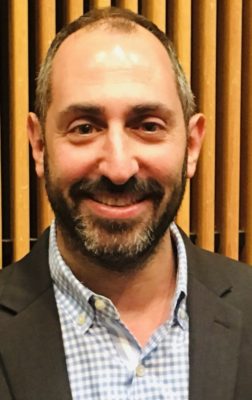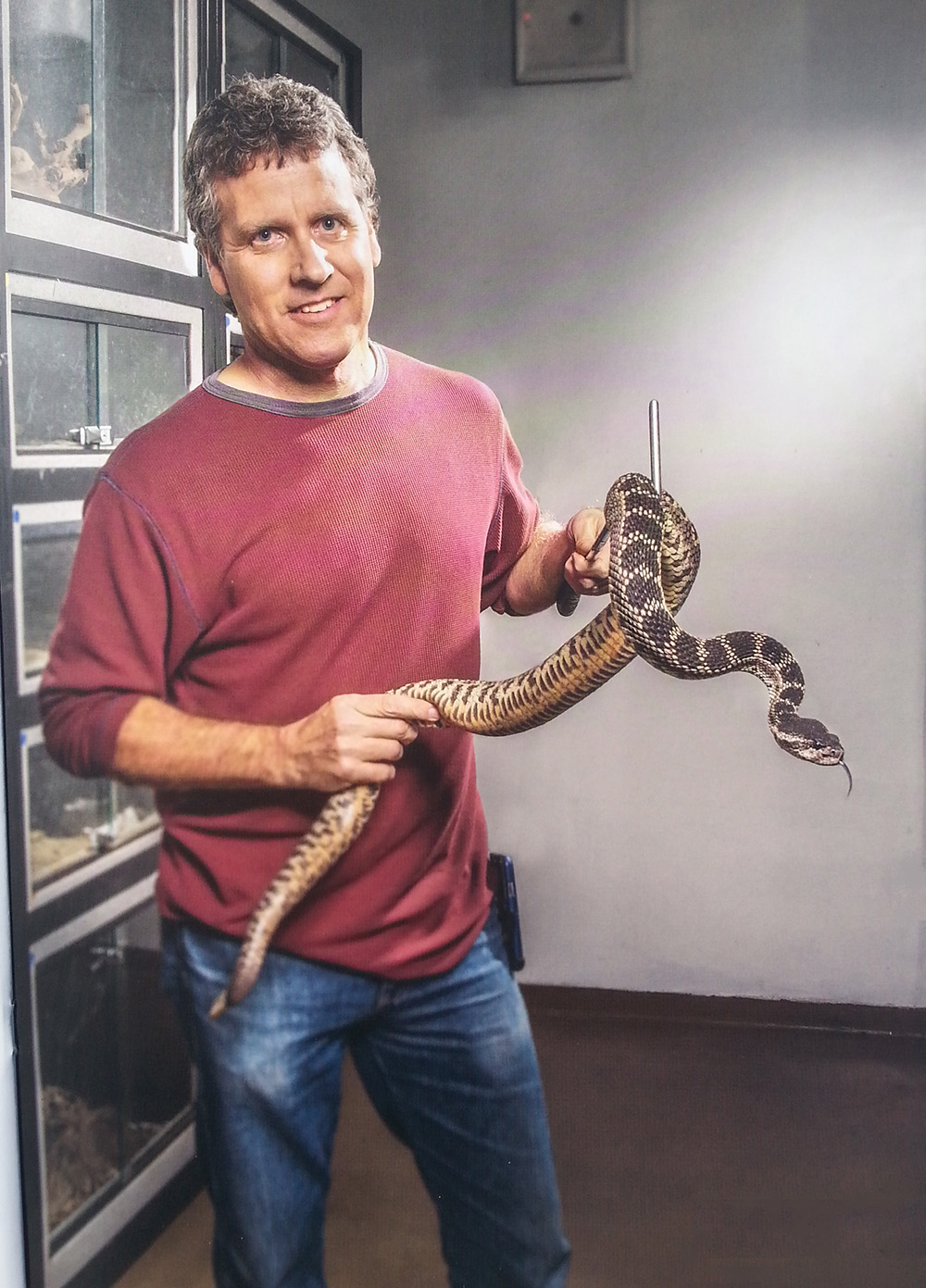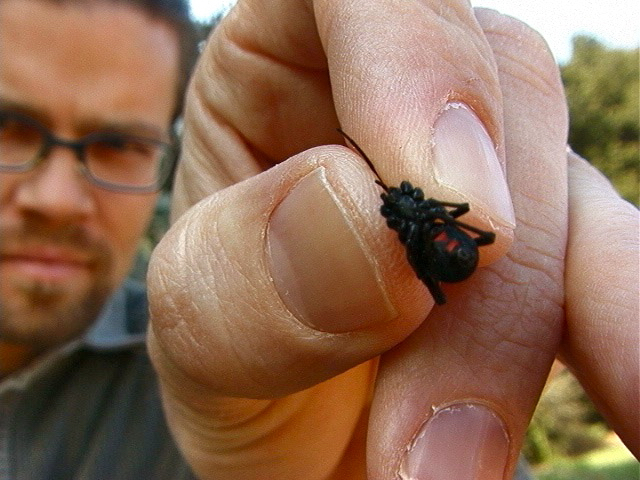Speakers

Spencer Greene, MD, MS, FACEP, FACMT, FAACT, FAAEM
Dr. Greene is the Director of Toxicology and an attending emergency physician at HCA Houston Healthcare-Kingwood. He is a Clinical Professor at the University of Houston College of Medicine. He also has faculty appointments in the University of Texas Cizik School of Nursing and in the Department of Emergency Medicine at the Wright State University Boonshoft School of Medicine. He has authored more than 50 book chapters and scholarly articles and is the recipient of multiple teaching and clinical awards.
Dr. Greene graduated from Washington University in St. Louis with a BA in psychology and biology. He earned an MS in immunology from C.W. Post, Long Island University. He graduated magna cum laude with an MD from Albany Medical College. He completed his emergency medicine residency at Vanderbilt University Medical Center and his medical toxicology fellowship at Banner Good Samaritan Medical Center.
Between residency and fellowship, Dr. Greene spent three years on active duty with the U.S. Air Force. After completing his fellowship, Dr. Greene joined the faculty of the University of Arizona Department of Emergency Medicine. He was the Medical Toxicology Fellowship Program Director until 2012, when he moved to Houston.
From 2012 – 2019, Dr. Greene was the Director of Medical Toxicology in the Henry J.N. Taub Department of Emergency Medicine at Baylor College of Medicine. He also served as a consulting toxicologist for the Southeast Texas Poison Center.
You can read his full biography here: https://bayoucitymedicaltoxicology.com/about-dr-greene/

Eric Lavonas, MD, MS, FACEP, FAACT, FACMT
Dr. Eric Lavonas, is an emergency physician at Denver Heath, a medical toxicologist at Rocky Mountain Poison and Drug Safety, and Professor of Emergency Medicine at the University of Colorado School of Medicine. He has published more than 20 articles about snake envenomation;. One of these, the Unified Treatment Algorithm for the Management of Crotaline Snakebite in the United States, was selected as one of 50 Landmark Papers Every Acute Care Surgeon Should Know. He has also served as Senior Scientific Editor for the 2020 American Heart Association CPR Guidelines, and received the American College of Medical Toxicology’s award for Outstanding Contributions to Medical Toxicology Research. When he’s
not in the office, he can be found hiking in America’s amazing national parks.

William Hayes, PhD
Dr. Hayes is a Professor of Biology and the director of the Center for Environmental Studies and Stewardship at Loma Linda University, California. He and his students have studied a variety of venomous animals, including rattlesnakes, gila monsters, spiders, scorpions, and centipedes. They also examine the behavioral ecology and conservation of endangered reptiles and birds, with emphases in the California and Caribbean Islands biodiversity hotspots. In addition to publications in scientific journals, he has co-edited several volumes, including The Biology of Rattlesnakes, The Biology of Rattlesnakes II, and Iguanas: Biology and Conservation. He has also written articles about environmental stewardship in an effort to promote a stronger conservation ethic among faith groups.

Sean Bush, MD, FACEP
Dr. Bush is an emergency physician who studies venomous bites and stings. His work was the subject of the 11-part television series, Venom ER, aired by Animal Planet [Now on YouTube →]. He was recently elected President of the North American Society of Toxinology – NAST.
Dr. Bush received a certificate of appreciation from the White House Medical Unit in 2002. When he is not working, he likes to be with his kids as much as he can.

Charles “Chuck” Gerardo, MD, MHS
Dr. Gerardo is Professor and Chief in the Division of Emergency Medicine at Duke University School of Medicine. He graduated with honors from Stanford University with a Bachelor’s of Science in Biology and received his MD from University of California, Davis. He went on to complete his residency training in Emergency Medicine at Loma Linda University Medical Center. He completed his Masters of Health Sciences from the Duke University Clinical Research and Training Program. In 2000, he joined the Emergency Medicine faculty at Duke University and has served in numerous educational, research and administrative leadership roles. His current research focuses on the clinical effects of US and global snake envenomation. He has published in JAMA, Annals of Emergency Medicine, Academic Emergency Medicine and Clinical Toxicology.

Nicklaus Brandehoff, MD
Dr. Brandehoff is board-certified in emergency medicine, medical toxicology, and addiction medicine with a passion for herpetology and a specialization in the research and treatment of envenomations. He received his medical degree from the University of California San Francisco, trained in emergency medicine residency at UCSF-Fresno, and subsequently went on to complete a Medical Toxicology Fellowship at the Rocky Mountain Poison and Drug Center.
Dr. Brandehoff practices emergency medicine and medical toxicology in both Colorado and California. He has an appointment as Assistant Clinical Professor of Emergency Medicine at the University of Colorado School of Medicine, is faculty at the Rocky Mountain Poison and Drug Center and Denver Health. He has won numerous awards as an educator and published multiple articles and book chapters on the subject of envenomations. He also directs the Denver Venom Conference.

Cory Woliver, DVM
Dr. Woliver is a veterinarian practicing as a Clinical Lecturer in Emergency and Critical Care at the University of Florida College of Veterinary Medicine. He earned his BS in biology at SUNY Stony Brook and his DVM at Ross University School of Veterinary Medicine. During his 18-month emergency and critical care-focused internship at Colorado State University, he treated a large number of snake envenomations. He has also earned a certificate in hemodialysis through the University of California – Davis.
After his postgraduate training, Dr. Woliver spent several years in private practice in New York before coming to the University of Florida in 2019. His clinical interests include snakebites (especially coral snake envenomations), acute kidney injuries, and extracorporeal therapies.

Holly O’Hara, DVM
Dr. O’Hara is an emergency veterinarian based out of southern Florida and one of the staff members of National Snakebite Support. A Chicago native, Dr. O’Hara earned her BS in animal science from Purdue university. She received her doctorate in veterinary medicine from St George’s University and completed an internship at Blue Pearl Pet Hospital in Tampa/
Outside of work, she enjoys yoga, aerial silks, and spending time with her two-legged and four-legged family and friends.

Erik Vogel
Mr. Vogel is an 80s child with a passion for all animals, but especially snakes. For the past five years, he has specialized in keeping native and non-native venomous species, and his ultimate goal is to open a reptile zoo. Since obtaining his BB-IND to purchase non-native antivenoms, he has lectured nationally to other keepers interested in maintaining their own supplies.
When not working with snakes, Mr. Vogel divides his time between his family and work, where he serves as a director of fixed operations for a large Midwest auto group.

Andrea Perry, MSN, RN, CNL, CEN, CPEN
Ms. Perry is a registered nurse with more than 16 years of emergency nursing experience. Currently, she is a clinical instructor in programs designed to prepare new graduate nurses and nurses transitioning to the emergency department. In her spare time, Andrea serves as an expert practice consultant for the California Board of Registered Nursing and sits on the Clinical Practice Guideline Committee for the Emergency Nurses Association (ENA). She became passionate about the management of pit viper envenomation after noting suboptimal care in her facility. In 2021, Andrea co-authored a course on pit viper envenomation with Dr. Charles Gerardo and presented on the topic at ENA’s Annual Conference. She has contributed several publications to professional journals on topics including trauma and nursing roles. She and her family make the most of their days off together, traveling, eating, hiking, and hunting T Rexes with an imaginative five-year old.
Conference is June 3-4, 2022

